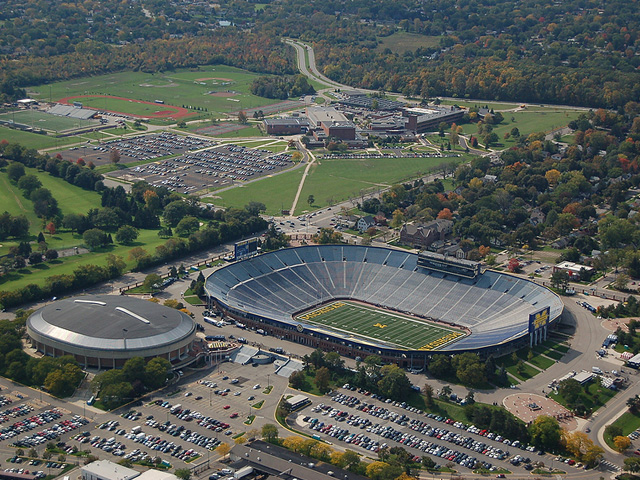
Despite the educational opportunities that abound today, inequalities still exist as far as acquiring essential knowledge and skills are concerned. Stringent admission requirements of colleges and universities discourage many students in pursuing their fields of interest. In the workplace, many employees are put to a disadvantage when they’re unable to participate in training activities because of certain office policies or rules established by the government. This situation is one that RPL can help address
What is RPL?
RPL is an acronym for recognition of prior learning. It’s a process wherein all your learning, whether acquired through formal or informal means, is recognized as relevant, worthwhile, and at par with the lessons taught in higher-education classes. It acknowledges that valuable knowledge is not only gained within the confines of a classroom. The work and life experiences that you have are likewise given their due credit.
As a method of assessing an individual's qualifications, RPL is relatively new. Understandably, the entire process can leave you somewhat overwhelmed since it's a topic that not many people are familiar with. If you're seriously considering RPL to get ahead in your scholarly and professional pursuits, it helps to do some research first.
You can think of RPL as an assessment tool to measure how competent you are against a set of standards. Aside from educational institutions, regulatory agencies, companies, and training centers also find it helpful. They employ it for different purposes such as planning career paths, qualifying trades, and recruiting and promoting employees.
Your claims to a level of expertise in a particular field will have to be verified by an RPL assessor. To determine how true your claims are, the assessor could require you to go through some or all of these steps:
- Written and oral exams
- In-depth interviews
- Performance tests
- Skill demonstration and presentation
- Job site visits
Also, you’ll have to submit pieces of evidence to prove your capabilities. These can include work samples, certificates of training attended, and performance evaluation reports, among others.
Don’t confuse RPL with a credit transfer. Although both involve assessing credentials, the principal difference lies in what is acceptable as evidence of your competence. The former takes into consideration both your professional and personal life while the latter is mainly concerned with academic performance.
Advantages of RPL for students
RPL is a process that is time-consuming, and since it’s not free, you may have to spend money on it as well. Nevertheless, it could prove a worthy undertaking especially if you want to enroll in a course that you lack the qualifications for, or you want to complete your interrupted studies. RPL could also be a suitable course of action if you’re planning on a career shift. Here are some ways that RPL can help you as a student.
- RPL makes it easier for individuals to integrate work and studies. If you’re planning to take up graduate studies or want to be qualified for a specific profession, it will not only be your formal education that will be given credit. Work experience, on-the-job training and short-term vocational courses will also be recognized. Thus, course completion is achieved much faster, and you don’t have to repeat subjects that you already know much about. Besides saving money on tuition, you will have more time to concentrate on learning new things.
- Because RPL takes into account your stored knowledge and skills, you have greater chances of complying with the admission requirements of universities and other learning institutions. For instance, if you want to apply for a Master’s degree but lack one of the prerequisite subjects, having your previous learning assessed may reveal that the knowledge you gained by practicing your profession would be good enough for you to qualify.
- Undergoing a thorough evaluation of your capabilities provides you with a deeper understanding of what you’re good at. You can exploit this valuable insight to position yourself better in the labor market. It’s much easier to get shortlisted by potential employers when your resume indicates that what you learnt isn't based on theories alone but are backed with practical experience.
- RPL encourages lifelong learning since it places worth on what you learned by yourself, apart from the concepts taught by instructors.
RPL is not intended to be a quick and easy way of obtaining a qualification. Instead, it should help you reflect on the abilities you already possess and show how to best utilize them for a more productive professional and personal life.

















